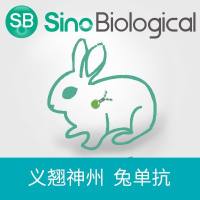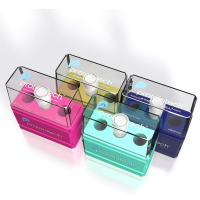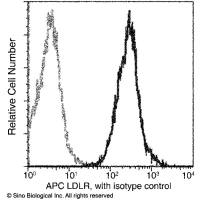Effects of Psychomotor Stimulants on Glutamate Receptor Expression
互联网
402
It is increasingly well accepted that addiction can be viewed as a form of neuronal plasticity, even as a type of very powerful,
albeit maladaptive, learning. On a behavioral level, this can be conceptualized as the transition from experimentation to
compulsive drug-seeking behavior. This view of addiction has been strengthened by many recent studies demonstrating commonalities
between mechanisms underlying learning and addiction. Both are associated with changes in gene expression, phosphorylation
and phosphatase cascades, neurotrophin signaling, altered dendritic morphology, and activity-dependent forms of plasticity
such as long-term potentiation (LTP) and long-term depression (LTD) (1
,2
). Through these mechanisms, drugs of abuse are proposed to strengthen or weaken activity in pathways related to motivation
and reward. This in turn may produce behavioral changes that drive compulsive drug-seeking behavior in addiction, including
sensitization of incentive-motivational effects of drugs, enhanced ability of drug-conditioned stimuli to control behavior,
and loss of inhibitory control mechanisms that normally govern reward-seeking behavior (3
,4
).








